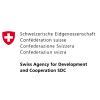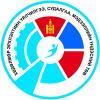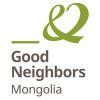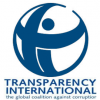.jpg)
The Government of Mongolia has developed ‘Action Plan 2016-2020’, that places a great priority on continued legal reforms based on the preservation of human rights. Mongolia is working toward the elimination of the death penalty and amending the criminal law and other laws to protect the rights of children and the elderly, as well as to protect against domestic violence; combat human trafficking; enhance the transparency, accountability, and independence of the judiciary; and fight corruption in the public sector.
Under the mid-term plan of legal reforms, the Ministry of Justice is drafting multiple laws and corresponding documents. As one of these reform efforts, Law on Non-profit Legal Entities has been drafted and submitted for the public consultation and parliamentary discussion.
Moreover, CSOs members are concerned that new proposed legislation could potentially threaten the development of CSOs and NGOs in Mongolia. In this regard, the International Republican Institute (IRI) is initiating a program to preserve the freedom, independence and sustainability of NGOs in Mongolia in the face of an action-forcing and restrictive proposed NGO Law by amending the current draft regulations or generating an entirely new draft that is properly informed by civil society.
IRIM Research Institute has started to implement ‘Qualitative research: Focus groups on draft NGO Law’ project, commissioned by IRI (during April 2019 to June 2019). The objectives of the project as follows:
- To gather insights into how legal experts, government officials, NGO representatives and average citizens in Mongolia perceive the role of civil society in Mongolia;
- To identify key factors related to civil society, civil society’s effects on their lives, the countries future and relations with other countries; and
- To identify the ways to improve the performance of civil society.
Within the scope of this project, the Political and Economic Analysis (PEA) will be conducted in the first component and qualitative research – FGDs will be organized among the target group to define the current situation of the NGOs, CSOs and etc. Furthermore, the research findings will be compared with examples and challenges associated with similar NGO Laws that have been adopted in other countries.
.png)

.png)
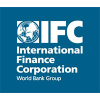
.png)
.png)
.jpg)


